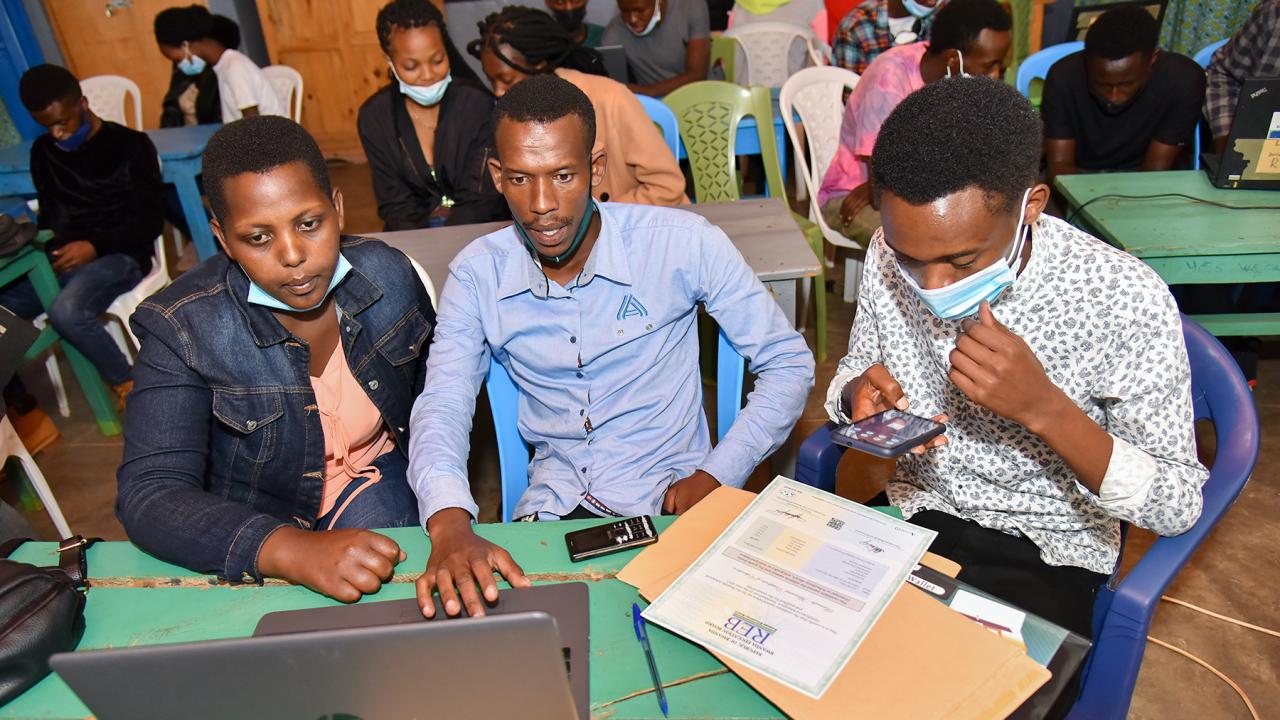
UC Davis report emphasizes a continuing need for refugees to safeguard their most important academic documentation as the digital divide grows in areas of humanitarian need.
Quick Summary
- Davis, CA — Today, the UC Davis Human Rights Studies Program issued a joint report with Kepler, a Rwanda-based educational organization, detailing a two-year project to expand refugee higher education access.
During 2021-2022, UC Davis Human Rights Studies faculty, staff, and students collaborated with Kepler to facilitate higher education access for over 2,200 university-age refugees in Rwanda using Article 26 Backpack. Article 26 Backpack, or "Backpack", works to meet the needs of young refugees and displaced people to achieve document safety and security. This joint project helped students and young professionals to safely store and share their academic and employment credentials, documents, and research; it also provided career development, leadership training, and information about scholarship and fellowship opportunities.
Backpack's work has confirmed the importance of human rights education: while displaced learners are often unaware of their human right to education, they have demonstrated significant interest in learning more. Due to Backpack's cost-effectiveness and scalability, we expect an additional 1,000 users to enroll by June 2023.
Keith David Watenpaugh, Director of Human Rights Studies and Director of Article 26 Backpack, notes:
This work raises questions about the effective level of digital literacy, internet access, and English language skills among refugee populations. In the West, we often overestimate how accessible important resources and information are, as well as the capacity of young people to use many of the tools we take for granted. We should collectively acknowledge this reality to meet the challenge of addressing the ever-widening digital divide refugees and displaced young people experience in higher education.
The Backpack project began with support from the Ford Foundation in 2018. It was first used to support refugee Syrians and has continued to help Ukrainian, Afghan, and other refugee and at-risk populations. Currently, over 3700 people around the world use Backpack.
To learn more about this joint project and Article 26 Backpack, view the full-length report here: https://human-rights.ucdavis.edu/news/draft-pr
